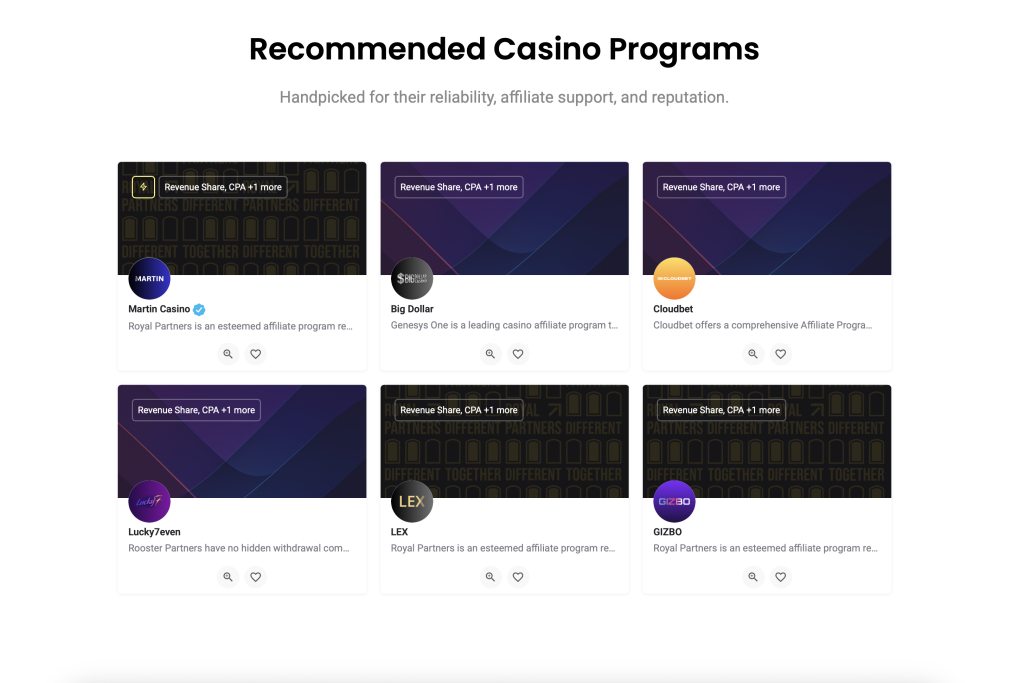Navigating Unclear iGaming Regulations: Understanding the Gray Areas

Deciphering the Gray Areas: Navigating Unclear iGaming Regulations
The rise of the digital age has seen a surge in iGaming – online platforms where individuals can bet on sports, play casino games, or engage in other forms of gambling. While this industry promises convenience and innovation, it also presents legal ambiguities that can be challenging for operators, players, and regulators alike.
The Current Landscape of iGaming Regulations
iGaming regulations vary significantly across jurisdictions. While some countries have embraced the online gambling revolution with open arms, providing clear guidelines and regulatory frameworks, others remain resistant or undecided, leading to a gray area that can be hard to decipher.
The Roots of Ambiguity
- Emerging Market: iGaming, being relatively new, means that many legal frameworks are playing catch-up. Rapid technological advancements in this field often outpace the speed of legislative processes.
- Varied Cultural and Moral Views: Gambling is perceived differently across cultures. In some societies, it’s seen as a leisure activity, while in others, it’s frowned upon or even prohibited due to religious or moral reasons.
- Economic Interests: Countries with established land-based casinos might be hesitant to fully legalize online platforms, fearing it might cannibalize the traditional casino industry.
Challenges in Navigating the Gray Areas
- Legal Repercussions for Players and Operators: Engaging in iGaming activities in jurisdictions where the regulations are unclear can lead to legal consequences, ranging from fines to more severe penalties.
- Market Trust and Credibility: For operators, the lack of a clear regulatory framework can deter potential players, fearing fraud or untrustworthiness.
- Banking and Transactional Issues: Ambiguous regulations can lead to challenges in processing payments. Banks and financial institutions might be hesitant to facilitate transactions for iGaming due to fears of legal repercussions.
Strategies for Navigating Unclear iGaming Regulations
- Stay Informed: Players and operators should continually monitor regulatory updates in the iGaming sector. Websites dedicated to iGaming news, legal journals, and official governmental websites are valuable resources.
- Engage in Dialogue: Operators can seek dialogues with regulators and lawmakers. Often, proactive engagement can lead to clarity or even influence the development of more favorable regulations.
- Use Geo-blocking Techniques: Operators can restrict access to their platforms based on geographic locations, ensuring they only cater to jurisdictions where they’re confident of the legal standing.
- Seek Legal Counsel: Before entering a new market or launching an iGaming platform, seeking advice from legal experts familiar with the industry and specific jurisdiction is crucial.
- Promote Responsible Gaming: Regardless of the regulatory landscape, operators should prioritize responsible gaming, offering tools and resources to prevent gambling addiction. Such initiatives not only protect players but can also position the operator in a positive light should regulations evolve.
Concluding Insights
The world of iGaming is thrilling, offering immense opportunities for growth, innovation, and entertainment. However, the murky waters of unclear regulations pose challenges that require careful navigation. By staying informed, engaging in proactive dialogue, and always prioritizing player safety and integrity, both operators and players can make the most of the iGaming experience while minimizing risks. As the digital revolution marches on, it’s essential to remain adaptable and vigilant in the ever-evolving landscape of iGaming regulations.
Comments
You must be logged in to leave a review.


